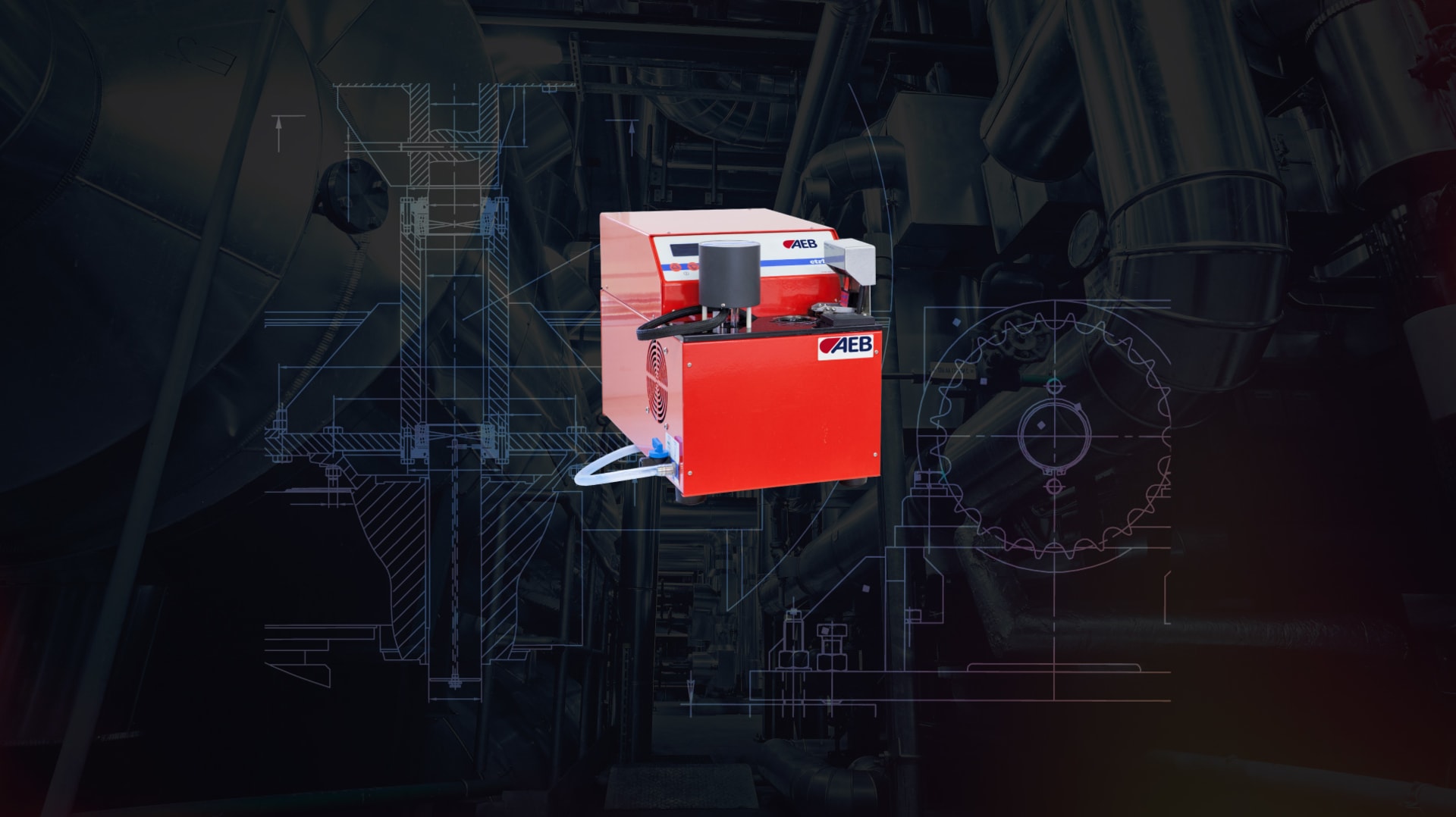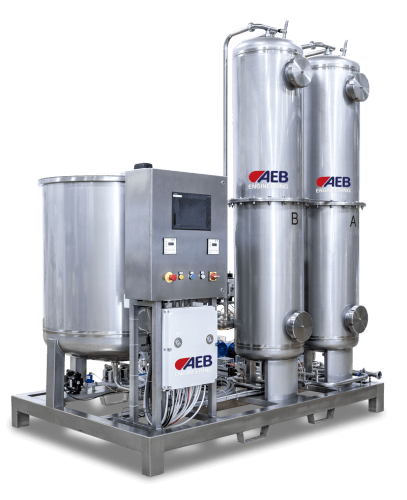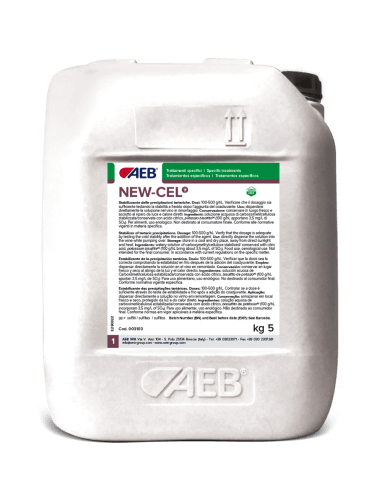CTRL-T
SYSTEM TO OPTIMISE THE TARTARIC STABILISATION OF WINES
Checking and measuring tartaric stability is a procedure of fundamental importance to guarantee the quality of the wine and its visual appearance. This practice avoids potential damage due to the precipitation of potassium bitartrate or calcium tartrate in the bottle.
Ctrl-T is a reliable, easy-to-use tool that provides quick and easy-to-interpret results for assessing the tartaric stability of wines. The stabilisation technique on which Ctrl-T is based is more effective and less invasive than other methods.
Ctrl-T is essential to validate tartaric stabilisation by refrigeration, but it is also very useful for defining stability adjuvants (New-Cel) and evaluating the efficacy of treatments with potassium-reducing resins (pH-Stab 2.0).
BENEFITS
- Maximum reliability and ease of use
- Quick and easy to interpret results
- Validation of tartaric stabilisation by refrigeration
- Determination of stability adjuvants
- Evaluation of the efficacy of treatments with potassium-decreasing resins
TECHNICAL FEATURES
Ctrl-T includes hardware designed with attention to every detail, specific for measuring small variations in conductivity (microSiemens) which occur during tartaric precipitation, which, in turn, can only be evaluated under rigorous analysis conditions.
It is also equipped with an interactive programme designed for data analysis and storage.
Ctrl-T allows measuring the efficacy of different parameters:
- cold stabilisation;
- revolving cold stabilisation;
- metatartaric acid;
- yeast derivatives with mannoproteins;
- cellulose gum;
- potassium-reducing resins (pH-Stab 2.0).
Finally, Ctrl-T can accurately return a variety of data, such as:
- Siemens DM for mini-contact;
- % drop in conductivity;
- saturation temperature for potassium bitartrate;
- saturation temperature for calcium tartrate;
- stability prediction in the presence of collodions.


 CIDER
CIDER

 Argentina
Argentina
 Chile
Chile
 China
China
 Germany
Germany
 United Kingdom
United Kingdom





